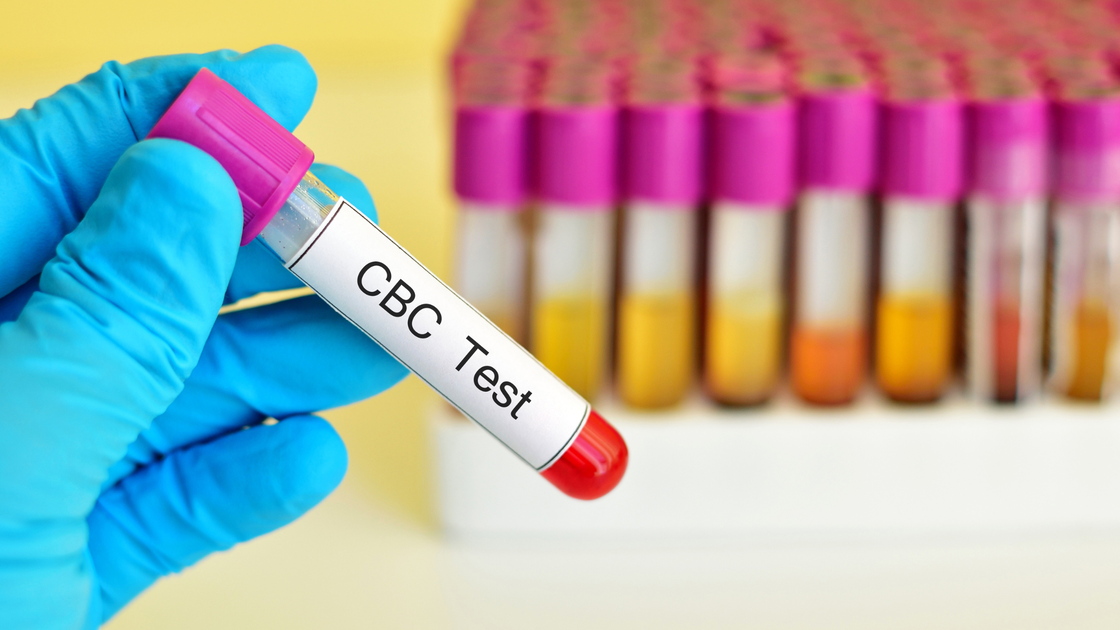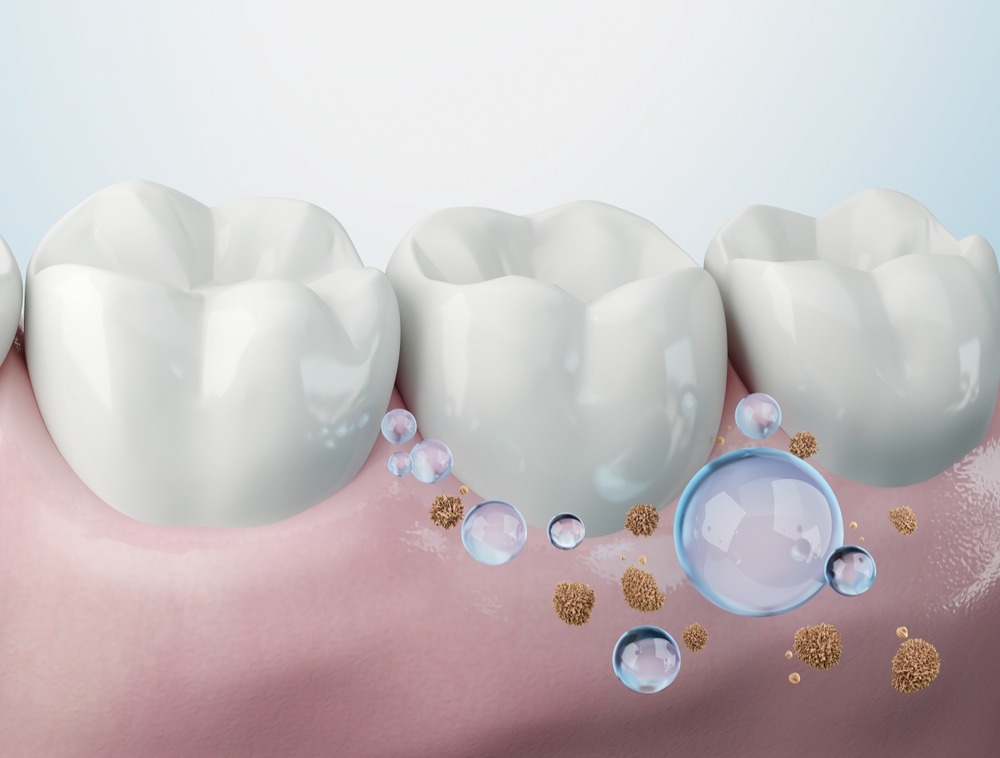

In recent years, the importance of gut health has gained significant attention as research reveals the extensive impact of the gut microbiome on overall health. Previously regarded as a minor component of health, the gut is now recognized as a crucial element in the prevention and management of numerous chronic diseases, including cancer, cardiovascular issues, obesity, type 2 diabetes, Parkinson’s disease, and dementia. Furthermore, gut health is increasingly associated with autoimmune conditions, allergies, mood disorders, and even developmental disorders such as autism.
This article will examine the necessity of maintaining gut health, the ways in which imbalances in gut function can lead to disease, and provide practical strategies for enhancing gut function through dietary modifications, medical interventions, and lifestyle changes.
The gut hosts trillions of microorganisms, collectively referred to as the gut microbiome. This complex ecosystem of bacteria, viruses, fungi, and other microbes is vital to nearly every aspect of health. Beneficial bacteria foster wellness, aid digestion, bolster the immune system, and enhance mental clarity. Conversely, when harmful bacteria or pathogens prevail, they can induce a condition known as dysbiosis, which is associated with a wide range of health problems. Achieving optimal health hinges on sustaining a balanced microbiome.
Regrettably, contemporary lifestyles, marked by unhealthy dietary habits, stress, and the overuse of medications, frequently disrupt this fragile equilibrium. Diets high in processed foods, added sugars, and artificial additives, coupled with the excessive use of antibiotics and acid-reducing medications, can significantly damage the microbiome, resulting in various health complications.
An impaired gut can initiate a series of complications throughout the body. One of the most alarming conditions linked to an unhealthy gut is "leaky gut syndrome." This phenomenon arises when the intestinal lining sustains damage, permitting undigested food particles, toxins, and harmful bacteria to infiltrate the bloodstream. This intrusion provokes an immune response, resulting in widespread inflammation and potentially leading to chronic ailments such as autoimmune disorders, metabolic issues, and even mental health challenges like depression and anxiety.
Furthermore, the gut is crucial in regulating mood and mental health. Disruptions in the gut microbiome have been associated with conditions such as anxiety, depression, cognitive fog, and fatigue. As gut health deteriorates, individuals may encounter symptoms including bloating, digestive distress, weight gain, fatigue, and skin problems. It is clear that caring for the gut is vital not only for digestion but also for overall health and longevity.
A thorough approach to gut healing encompasses five fundamental steps: Reduce, Remove, Replace, Repopulate, and Restore. When these steps are implemented collectively, they assist in reestablishing balance within the microbiome, thereby promoting optimal gut function and overall well-being.
The initial measure in promoting gut health involves reducing the intake of foods and substances that interfere with gut functionality. Notable offenders include:
- Gluten: A protein present in wheat, barley, and rye, recognized for its potential to induce inflammation in certain individuals.
- Dairy: May lead to digestive issues or worsen gut conditions in those who are lactose intolerant or sensitive.
- Soy and Corn: These may harbor compounds that can irritate the gut lining in some people.
- Alcohol: Excessive consumption can harm the gut lining and disrupt the equilibrium of beneficial bacteria.
- Artificial Sweeteners: Frequently associated with adverse alterations in the gut microbiome, leading to dysbiosis.
Minimizing or eliminating these foods, particularly through an elimination diet, can reduce stress on the gut and lower inflammation, thereby enhancing digestion and overall gut health.
After addressing harmful foods, the subsequent vital step is to eradicate detrimental microorganisms and toxins from the gut. Pathogens such as yeast, harmful bacteria, or parasites can thrive in an unbalanced gut. Natural antimicrobials and antifungals include:
- Berberine: A potent antimicrobial agent that aids in restoring gut balance.
- Wormwood: Renowned for its effectiveness in eliminating intestinal parasites and yeast overgrowth.
- Nigella Sativa: This herb exhibits a wide range of antimicrobial properties.
- Caprylic Acid: A fatty acid that assists in eradicating yeast infections within the gut.
- Activated Charcoal: Utilized to bind and eliminate toxins from the digestive tract.
These treatments facilitate gut cleansing, addressing the imbalance of harmful microorganisms and reinstating harmony within the microbiome.
When gut health is impaired, the production of digestive enzymes and bile may decrease, resulting in inadequate nutrient absorption. Utilizing digestive supplements can aid in reinstating normal digestive processes. Notable supplements include:
- Betaine HCl: Increases stomach acidity, thereby promoting effective digestion.
- Bile Salts: Facilitate the digestion of fats, which is crucial for optimal nutrient absorption.
- Pancreatic Enzymes: Aid in the breakdown of proteins, fats, and carbohydrates, leading to improved digestion.
These supplements can alleviate digestive issues, ensuring that the body absorbs vital nutrients more effectively and supports the recovery process.
After cleansing the gut, the subsequent step is to restore it with beneficial microorganisms. This can be accomplished through the intake of probiotic supplements or the consumption of foods rich in probiotics, such as:
- Sauerkraut: Fermented cabbage that supplies beneficial microorganisms.
- Kimchi: A Korean dish made from fermented vegetables, abundant in probiotics and fiber.
- Pickles: Naturally fermented pickles can assist in replenishing the gut with healthy bacteria.
- Tempeh: A fermented soy product that is high in probiotics and protein.
- Miso: A traditional Japanese condiment derived from fermented soybeans, rich in beneficial microorganisms.
Incorporating a diverse range of probiotic foods into the diet will help restore a healthy balance of gut flora, enhancing digestion and overall gut health.
The final and arguably most crucial step in gut healing involves reinstating the integrity of the intestinal lining. A robust gut barrier is essential for preventing harmful substances from entering the bloodstream. Key nutrients that facilitate the repair of the gut barrier include:
- Saccharomyces boulardii: This probiotic yeast contributes to the fortification of the gut lining.
- Glutamine: An essential amino acid necessary for the restoration of the intestinal lining.
- Zinc Carnosine: Aids in the restoration of the gut's mucosal lining and helps to alleviate inflammation.
- Bovine Colostrum: Rich in immune factors that promote gut health and facilitate repair.
- Deglycyrrhized Licorice (DGL): Assists in the healing of both the stomach and intestinal lining.
These nutrients are vital for maintaining long-term gut health and play a significant role in ensuring that the gut barrier remains robust and effective in warding off harmful invaders.
In addition to the five Rs, several other habits and practices can further improve gut health:
- Increase Fiber and Prebiotics: Incorporate foods high in prebiotic fiber, such as garlic, onions, artichokes, bananas, and chia seeds, to nourish beneficial gut bacteria.
- Polyphenol-Rich Foods: Foods such as berries, pomegranates, green tea, and dark chocolate are rich in polyphenols that support gut health by fostering the growth of beneficial bacteria.
- Minimize Harmful Medications: The excessive use of antibiotics, nonsteroidal anti-inflammatory drugs (NSAIDs), and acid-blockers can significantly disrupt the microbiome. It is advisable to use these medications judiciously and explore alternatives when feasible.
- Prioritize Sleep and Stress Management: Insufficient sleep and chronic stress can adversely impact gut health. Aim for 7-8 hours of quality sleep each night and engage in stress-reducing activities such as meditation, yoga, or regular physical exercise.
The health of your gut is fundamental to your overall well-being. It significantly influences digestion, immune response, mental health, and longevity. A compromised gut can lead to chronic health issues; however, with an appropriate strategy, it is feasible to restore its balance and vitality.
Implementing a comprehensive approach that involves minimizing harmful foods, eliminating pathogens, enhancing digestive support, repopulating with beneficial bacteria, and repairing the gut barrier can greatly improve your gut health for sustained wellness. In conjunction with mindful practices related to sleep, medication, and stress management, these measures will enable you to sustain a healthy microbiome, thereby ensuring a high quality of life.
 Complete Blood Count (CBC) Test - What You Need to Know
Complete Blood Count (CBC) Test - What You Need to Know
 Daily Dental Care: Your Complete Guide to Perfect Oral Health
Daily Dental Care: Your Complete Guide to Perfect Oral Health
 Therapeutic & Preventive Nutrition: Better Health Guide
Therapeutic & Preventive Nutrition: Better Health Guide

© 2026 Techno Clinics is Proudly Owned by Techno Clinics